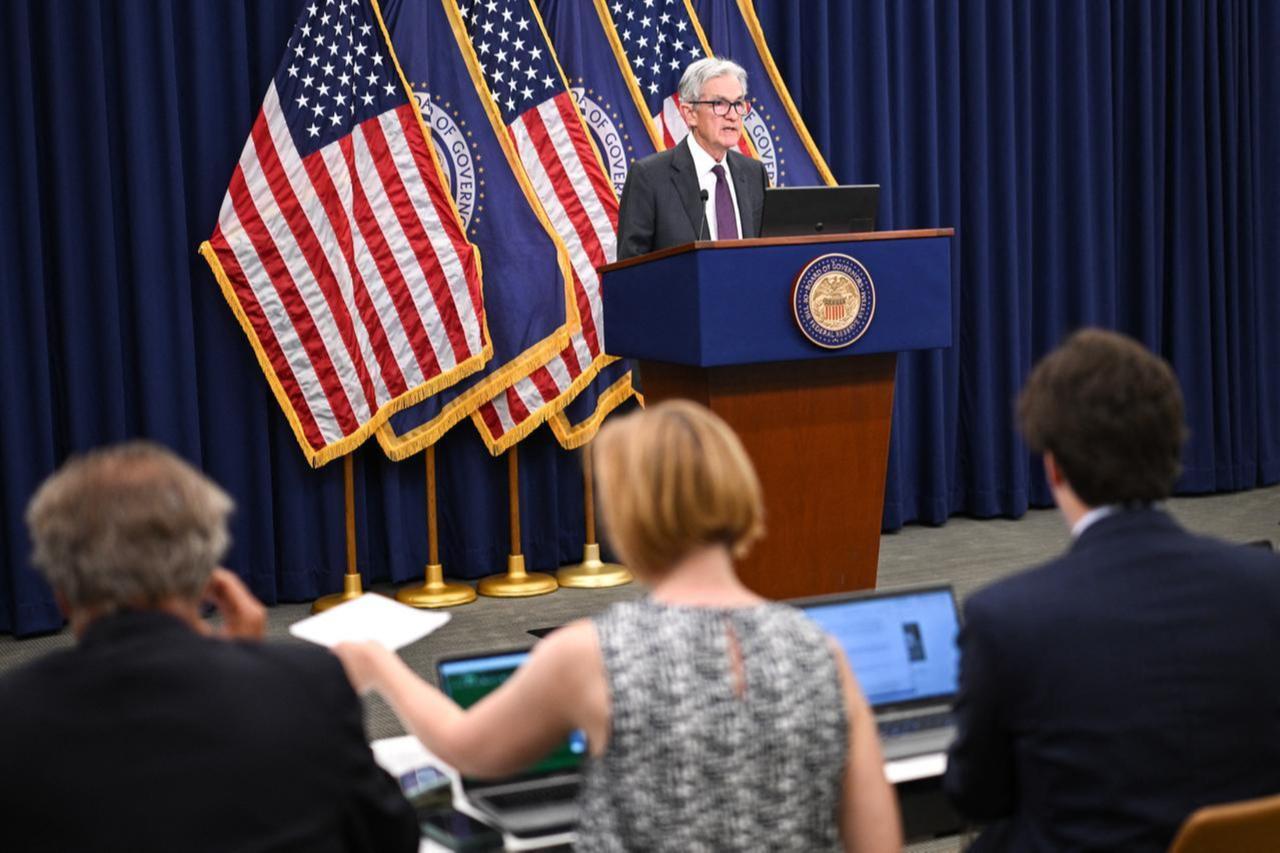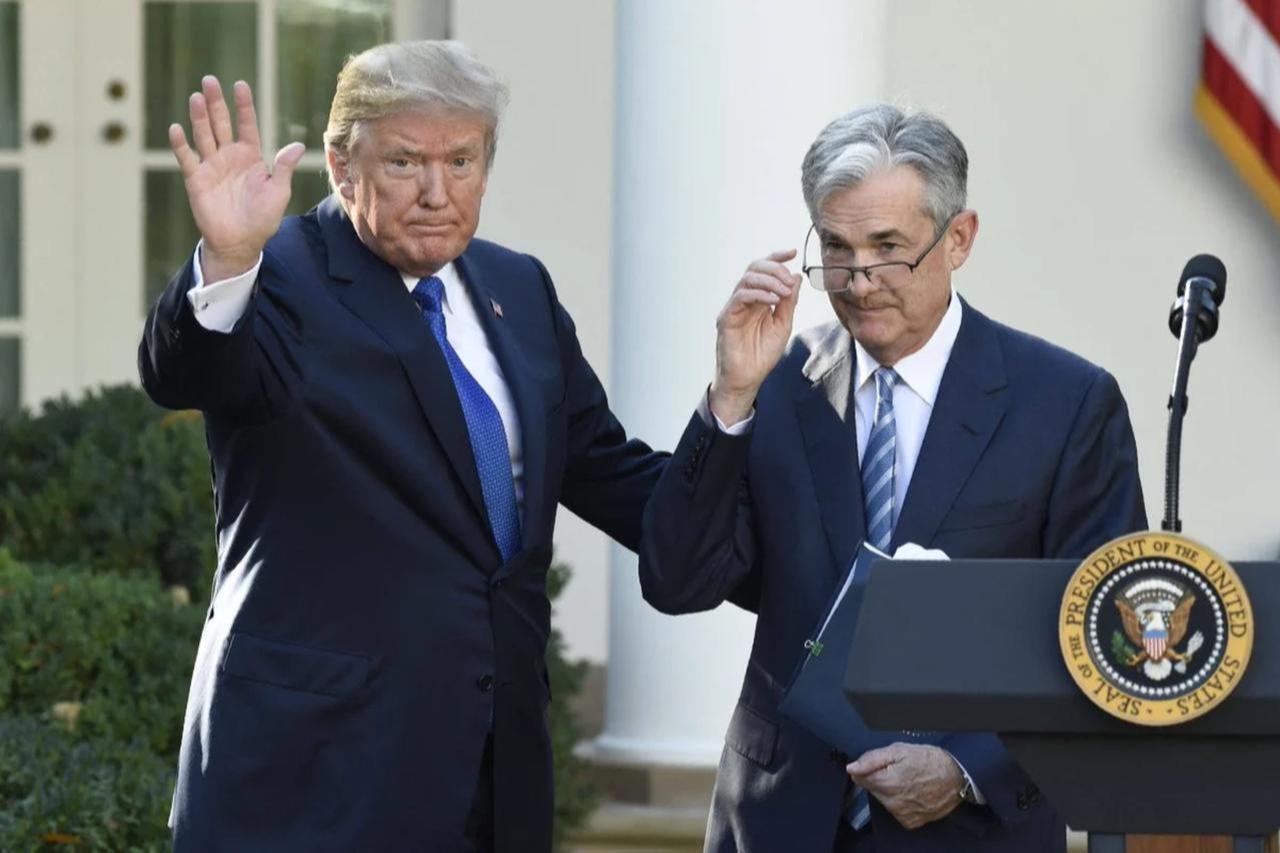
Federal Reserve Chair Jerome Powell on Tuesday defended the central bank's recent decision to lower interest rates, pointing to mounting concerns about employment conditions that he said now pose a greater threat to the economy than rising inflation.
Speaking to business leaders in Rhode Island, Powell acknowledged the Fed faces a delicate balancing act as it navigates what he described as "two-sided risks" with no clear path forward that avoids all potential pitfalls.
"Near-term risks to inflation are tilted to the upside and risks to employment to the downside – a challenging situation," Powell said. "Two-sided risks mean that there is no risk-free path."
The comments come after the Fed implemented its first rate reduction of the year last week, responding to signs of labor market deterioration even as inflationary pressures from higher tariffs continue to build. The decision marked a shift in the central bank's priorities as it attempts to fulfill its dual mandate of maintaining both employment and price stability.

Powell highlighted what he called "a marked slowdown" in both supply and demand within the job market, citing recent data that has raised alarm bells among policymakers.
"In this less dynamic and somewhat softer labor market, the downside risks to employment have risen," he said.
The employment picture has deteriorated notably in recent months. Benchmark revisions revealed that roughly one million fewer jobs were created in the 12-month period ending in March 2025 than initially reported. Additionally, payroll growth has decelerated sharply, averaging below 30,000 new positions during the summer months.
These developments have prompted the Fed to recalibrate its approach, with Powell stating that "the increased downside risks to employment have shifted the balance of risks to achieving our goals."
While employment has emerged as the primary concern, Powell acknowledged that inflation remains elevated above the Fed's 2% target, though it has fallen considerably from the more than 40-year highs reached in 2022.
The Fed chair addressed growing concerns about the inflationary impact of tariffs, offering what he termed "a reasonable base case" scenario where such effects would prove temporary rather than persistent.
"A 'one-time' increase does not mean 'all at once,'" Powell explained. "Tariff increases will likely take some time to work their way through supply chains. As a result, this one-time increase in the price level will likely be spread over several quarters and show up as somewhat higher inflation during that period."
Despite this relatively optimistic assessment, Powell emphasized the Fed's commitment to preventing temporary price increases from becoming entrenched in the economy.
"Uncertainty around the path of inflation remains high. We will carefully assess and manage the risk of higher and more persistent inflation. We will make sure that this one-time increase in prices does not become an ongoing inflation problem," he said.
Powell expressed satisfaction with the current monetary policy stance while keeping the door open for additional adjustments if economic conditions warrant further intervention.
"This policy stance, which I see as still modestly restrictive, leaves us well positioned to respond to potential economic developments," he said, indicating that additional rate cuts remain possible should the central bank determine more accommodative measures are necessary.
The Fed's approach reflects the complex economic environment facing policymakers as they attempt to support employment without allowing inflation to resurge after years of effort to bring it under control.